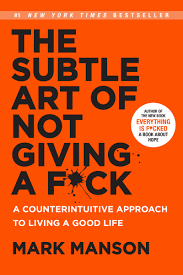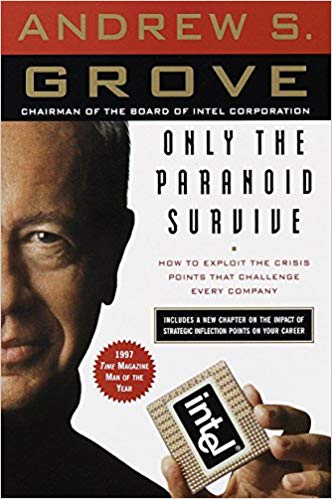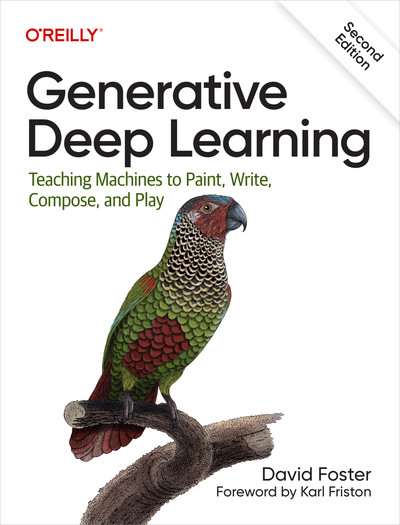Book roundup, July 2019
The subtle art of not giving a f*ck by Mark Manson. This is one of those “feeling good” books, that one can always resonate with something advocated in the book. The most obvious difference of this book is probably the profanities, however, hiding behind the language, the author argues that to live a good life, one should carefully choose a few priorities, and then simply ignore other things. By doing so, one doesn’t have to seek for approvals, or admirations in everything, but just focus on those things that really matter to you. I feel it is refreshing, to read something like that, mindlessly.
Zucked by Roger McNamee. Facebook has been under fierce criticism, since the unveiling of the Cambridge Analytica debacle. The author is an early investor of Facebook, and personal friend of Mark Zuckerberg, hence it seemingly adds more credibility to his conclusions. All things aside, the book argues that, the tech giants, including Google, are creating “filter bubbles” around their users, who would easily fall prey to those self-reinforcing habits and ideologies. During the processes, those tech companies monetize through advertisements, which is a much brighter outcome, compared to the sharpening societal divisions. However, Facebook tries to claim innocence by positioning itself as a pure platform, hence without the burden of supervising or moral responsibility. The author couldn’t argue against this line of reasoning stronger. In addition, the author also proposes breaking up these tech giants, looping in enterprises like Google. It is indeed a refreshing call to every one of us, while relying on (seemingly) benign tools like Google, to examine the possible dark sides. Last but not least, always be mindful of one’s own bias.
Only the paranoid survive by Andrew Grove. I meant to read this book since many years ago, and finally I got it done. It reads surprisingly smooth, as the author first introduces the concept of inflection point, in the context of business. It is the moment where some disruptive forces emerge in the industry, and how currently major players in the given industry response, in order to survive. He takes us through nothing but the very own example of Intel: when facing rising competitions from Japan in the 1980s, Intel made the crucial decision of abandoning memory chip, and went all-in with microprocessors. We all know how that worked out. However, such a decision is not made overnight, but rather after picking signals and observations from sales, middle management, and people working in the foundry. By communicating with these Cassandras, the upper management finally made up their minds, and push the new direction of the company forcefully. It might sound like a management book, but the newly-added last chapter gives some suggestion on how to detect and react to the inflection point in the professional career. The bottom line is, one needs to keep learning and develop new skills, especially in the face of new technology. It sounds extremely fitting, given the rise of machine learning and data science lately. It is awe-inspiring that the author has such sharp insight that stands the test of time.






Leave a Comment